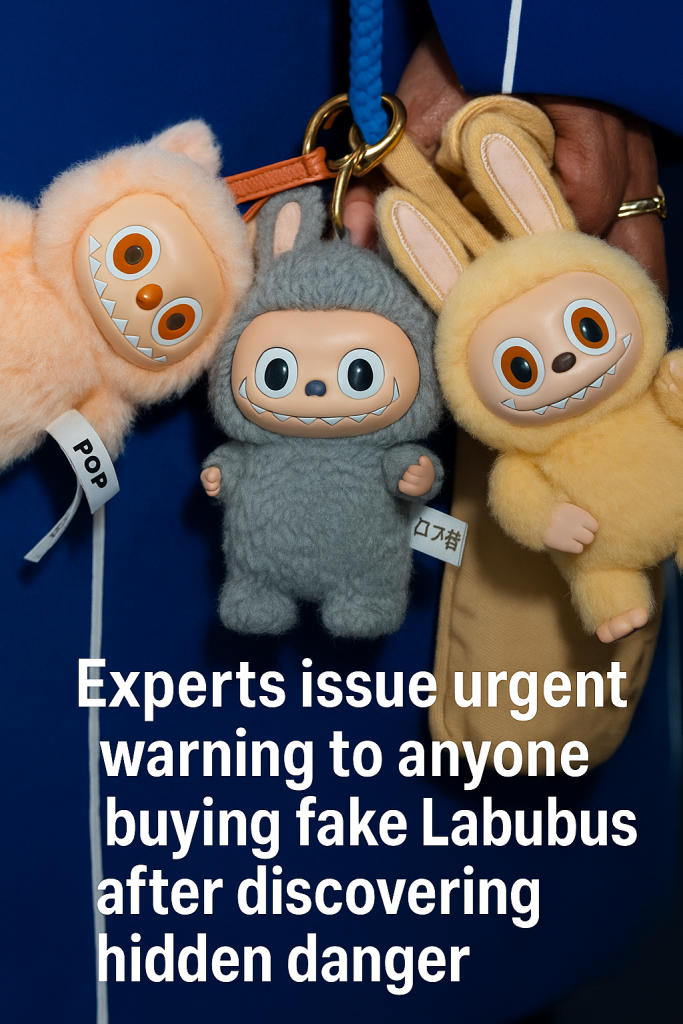In a startling revelation that has sparked urgent alerts across consumer safety networks, experts have issued a critical warning about fake Labubus toys circulating in the market. These counterfeit products, which have gained unexpected popularity, are now linked to a hidden health hazard connected to the slow loris, a rare nocturnal primate known for its toxic bite.
The initial concern came to light when researchers and wildlife protection advocates discovered that some of these illicit toys were contaminated with biological material related to slow lorises. This alarming discovery prompted immediate scrutiny, as slow lorises carry a venomous toxin unique among mammals, capable of triggering severe allergic reactions and even posing an infection risk to humans.
Unlike authentic Labubus toys—cherished collectibles famed for their detailed craftsmanship—fake versions have reportedly been manufactured using substandard materials and potentially unsanitary conditions, enabling the inadvertent transfer of slow loris toxin or other contaminants onto the toy surfaces. Experts emphasize that this presents a health danger especially for children and collectors who often handle these items extensively.
“Consumers should exercise extreme caution when purchasing Labubus toys, particularly from unofficial or online sources where counterfeit products are most prevalent,” said a spokesperson from a leading wildlife health organization. “Our investigations have found traces of slow loris venom protein on certain counterfeit toys, which is deeply concerning given the toxic nature of this substance.”
The slow loris, native to Southeast Asia, is a protected species and unfortunately has been subject to illegal wildlife trade. The discovery of slow loris-related contamination in popular toy knockoffs suggests that these endangered animals may be indirectly affected through unscrupulous supply chains that harvest fur, body parts, or secretions for use in illicit goods manufacturing.
Health experts warn that direct contact with slow loris venom can cause symptoms ranging from localized swelling and intense pain to anaphylactic shock in sensitive individuals. Although there have not been widespread reports of illness, the presence of venom on toys raises the specter of unpredictable exposure, especially among younger consumers who may not understand the risks.
Authorities are now calling for stricter regulation and enforcement against counterfeit toy sellers, urging the public to purchase Labubus products only from verified retailers. They recommend that anyone who owns or suspects they have a fake Labubus toy should refrain from handling it extensively and consult a medical professional if they experience any unusual symptoms such as skin irritation or allergic reactions.
This cautionary episode shines a light on the broader issues of counterfeit goods and wildlife exploitation. It exposes how the illegal trade of endangered species can have ripple effects far beyond direct poaching, bleeding into consumer markets with potentially dangerous consequences.
As the investigation continues, experts advise vigilance in toy purchases in 2024, encouraging buyers to verify authenticity and remain aware of potential hidden dangers lurking in seemingly harmless collectibles. The message is clear: when it comes to Labubus toys, you might want to think twice before buying a suspicious or counterfeit version.



